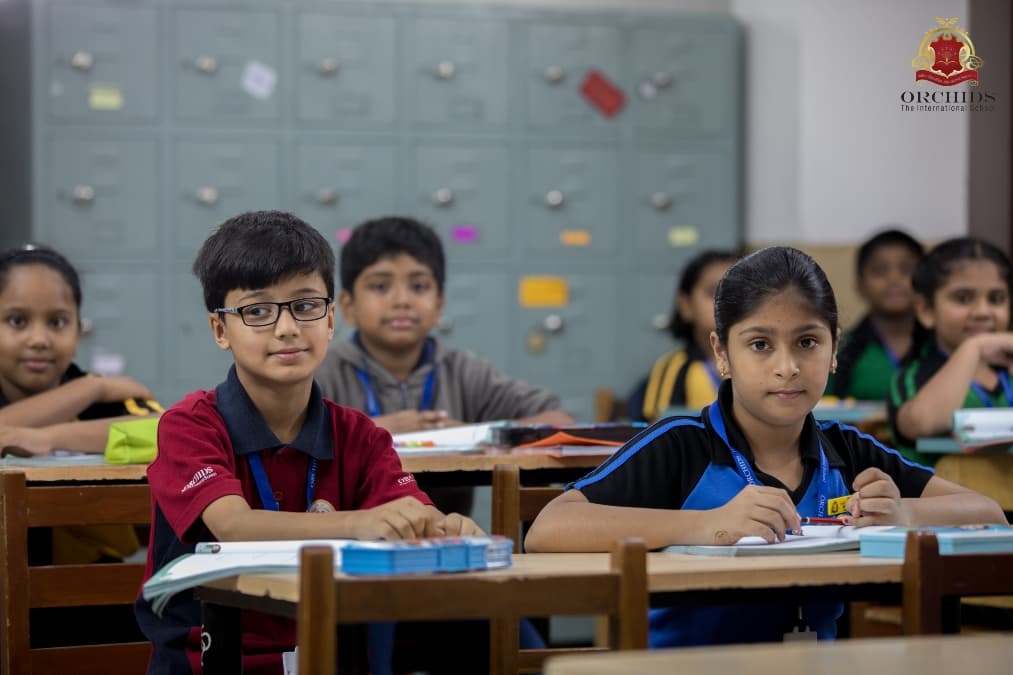Mastering the Usage of Is/Am/Are/Was/Were and Has/Have/Had
By Harshitha |
Date 09-08-2024

Table of Contents
Admissions Open for
Effective communication is rooted in proper grammar usage, and mastering verb tenses is a fundamental aspect of this skill. The English language employs various verb forms to convey different time frames and aspects of actions or states. Two common sets of verbs that often perplex learners are “Is/Am/Are/Was/Were” and “Has/Have/Had.” Understanding when and how to use these verbs correctly is essential for clear and accurate communication. This article delves into the nuances of these verb forms and offers insights into their appropriate usage in the context of Indian English.
Present and Past Tenses – “Is/Am/Are/Was/Were”
These forms of the verb “to be” are used to indicate the state of something in the present or past. “Is” and “am” are singular forms, whereas “are” is the plural form. For example, “He is” or “They are.” “Was” and “were” are past tense forms, with “was” being singular and “were” being plural. Correct usage depends on the subject and whether it is singular or plural. In Indian English, these verb forms are commonly used but may vary slightly from British or American English in terms of informal speech patterns and contractions. It’s essential to note that while “is,” “am,” and “are” are generally used for the present tense, “was” and “were” are used for the past tense.
Present Perfect Tense – “Has/Have/Had”
These verbs indicate actions that are completed in relation to the present, with a focus on the result or effect. “Has” is used with singular subjects (he/she/it), and “have” is used with plural subjects (I/you/we/they). For example, “She has completed the project” or “They have visited the museum.” “Had” is used to indicate completion in the past, especially before another event. For instance, “She had finished her work before the meeting started.” In Indian English, the usage of “has/have/had” generally aligns with standard English grammar rules. It’s crucial to pay attention to the context of the sentence to determine the appropriate form of these verbs.
Avoiding Common Mistakes
While mastering these verb forms is essential, it’s also crucial to be aware of some common mistakes that learners often make. One common error is the confusion between “is” and “are” when referring to collective nouns. For instance, the correct phrase is “The team is working hard,” not “The team are working hard.” Similarly, ensuring subject-verb agreement is crucial. A singular subject requires a singular verb form (“He has”), while a plural subject requires a plural verb form (“They have”). Additionally, understanding the context is vital. The present tense (“is/are”) refers to actions happening now, while the present perfect tense (“has/have”) indicates actions completed with a connection to the present.
Improving Communication Skills
To enhance communication skills in Indian English, it’s beneficial to practice using “Is/Am/Are/Was/Were” and “Has/Have/Had” in various contexts. Engaging in conversations, writing exercises, and language-focused activities can help reinforce proper usage. Online resources, language apps, and grammar guides specific to Indian English can provide valuable insights and exercises tailored to regional nuances. Regular practice, exposure to well-constructed sentences, and seeking feedback from proficient speakers can contribute to a more accurate and confident application of these verb forms.
Conclusion
Mastering the usage of “Is/Am/Are/Was/Were” and “Has/Have/Had” is crucial for effective communication in Indian English. Understanding the distinctions between present and past tenses and recognizing when to use the present perfect tense ensures clarity and precision in conveying ideas. By avoiding common mistakes and practicing these verb forms in various contexts, learners can enhance their language skills and communicate confidently in both spoken and written communication.
Related Blogs
World Health Day 2024:As parents, we have a duty to ensure our children’s health and happiness.
Age limit for Class 1 Admission: What is the right age for your Child's admission?
Who Discovered Zero?: Without zero, many modern technologies wouldn't exist.
Vegetables Name: Vegetable names for kids and parents in English.
Names Of The Months: Check out how many months & their names.
Pangram Sentences: Learn everything about pangrams.
Other Related Sections
NCERT Solutions | Sample Papers | CBSE SYLLABUS| Calculators | Converters | Stories For Kids | Poems for kids
CBSE Schools In Popular Cities
- CBSE Schools in Bangalore
- CBSE Schools in Mumbai
- CBSE Schools in Pune
- CBSE Schools in Hyderabad
- CBSE Schools in Chennai
- CBSE Schools in Gurgaon
- CBSE Schools in Kolkata
- CBSE Schools in Indore
- CBSE Schools in Sonipat
- CBSE Schools in Delhi
- CBSE Schools in Rohtak
- CBSE Schools in Bhopal
- CBSE Schools in Aurangabad
- CBSE Schools in Jabalpur
- CBSE Schools in Jaipur
- CBSE Schools in Jodhpur
- CBSE Schools in Nagpur
- CBSE Schools in Ahmednagar
- CBSE School In Tumkur

Call Us to know more about Orchids
Swipe Up

















